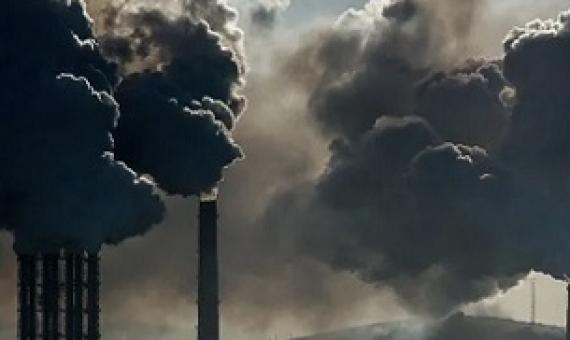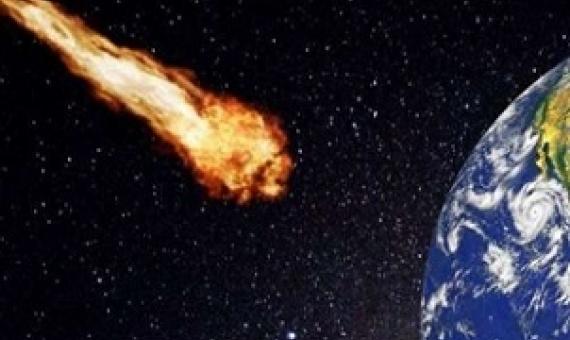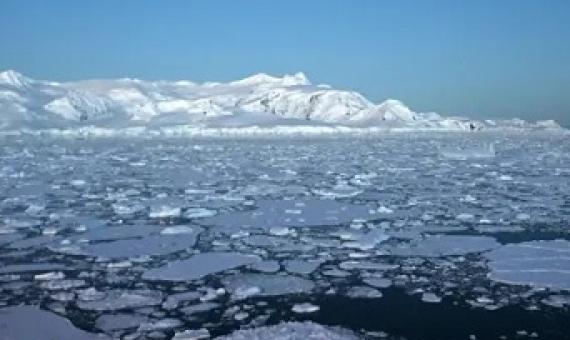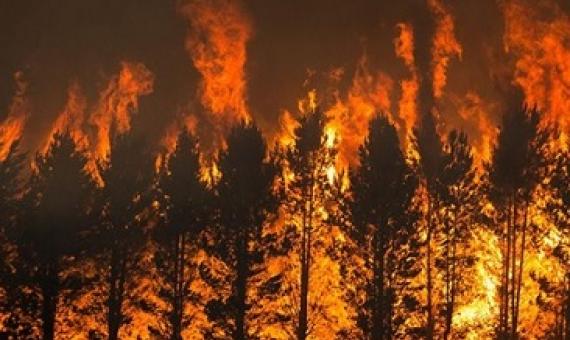Researchers have discovered that waterbirds around the equator are sensitive to global warming and are reacting more quickly than birds from regions with a more moderate climate.
As a heat wave roasted the western United States this week, temperatures in California’s Death Valley soared to a blistering 130 degrees Fahrenheit, marking the hottest temperature measured anywhere on Earth since 1931 and the third hottest day ever recorded on our planet, period...Duri
A disturbing new climate change study predicts global temperature increases of up to 8 degrees Fahrenheit as atmospheric carbon concentrations double. Humanity, it’s clear, is close to missing the chance to avoid the worst ravages of fossil fuel pollution.
The human cost of the climate crisis will hit harder, wider and sooner than previously believed, according to a study that shows a billion people will either be displaced or forced to endure insufferable heat for every additional 1C rise in the global temperature.
At several points in the history of our planet, increasing amounts of carbon dioxide in the atmosphere have caused extreme global warming, prompting the majority of species on Earth to die out.
The Antarctic has registered a temperature of more than 20C (68F) for the first time on record, prompting fears of climate instability in the world’s greatest repository of ice.
"Climate chaos" has caused widespread losses of bumblebees across continents, according to scientists. A new analysis shows the likelihood of a bee being found in any given place in Europe and North America has declined by a third since the 1970s.
Researchers have started an attribution study to determine how much global warming is to blame for the blazes that have ravaged the continent...The work is being led by researchers in Europe who have conducted multiple rapid analyses of global warming’s role in extreme events.
Creating marine protected areas (MPAs) has become a more popular management and conservation strategy to counteract various anthropogenic risks and hazards... Nature’s treasure chests, coral reefs, encircled by bright majestic fish are succumbing to the disastrous effects of climate change.
The heat in the world's oceans reached a new record last year, reveals a new analysis. The authors - a team of US and Chinese scientists who compiled data from nearly 4000 sensors across the oceans - say it shows the irrefutable and accelerating heat of the planet.
















